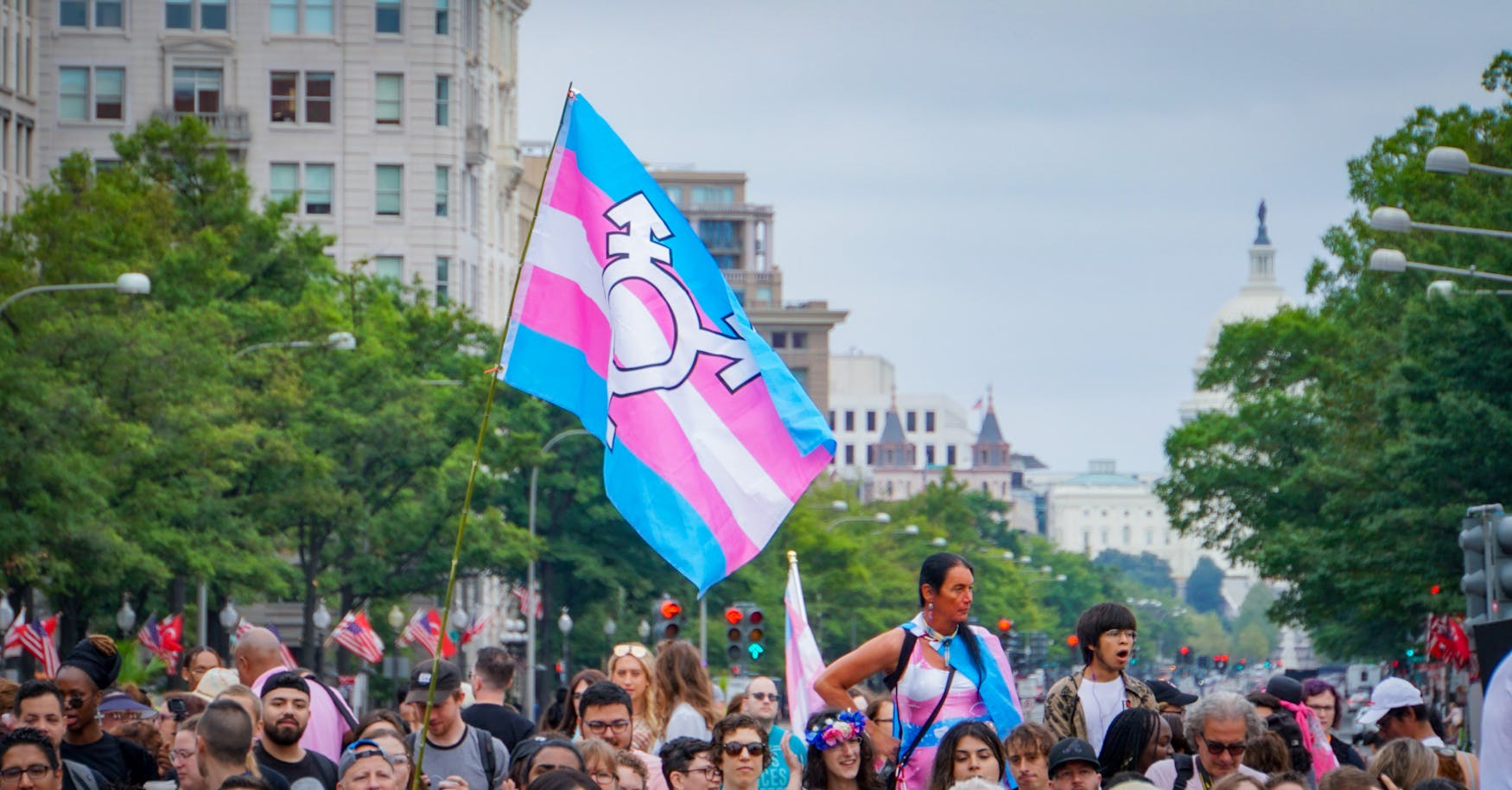New policy has detrimental effects on transgender student-athletes
The National Association of Intercollegiate Athletics has recently released a new policy that negatively impacts transgender student-athletes hoping to participate on women’s teams.
The National Association of Intercollegiate Athletics released a new policy on April 8 regarding transgender male-to-female student-athletes that comes close to preventing any of them from participating on women’s teams. The NAIA is comprised of 241 small colleges across the United States and oversees approximately 83,000 athletes.
The NAIA Council of Presidents voted unanimously with a final count of 20-0 to pass this new policy. This vote took place at the organization’s annual convention in Kansas City, Missouri. This new policy states that all students may compete in NAIA sports designated for male student-athletes, but only those assigned female at birth who have not begun any variation of hormone therapy are allowed to participate on teams designated for female student-athletes.
Those students who have begun hormone therapy can find a place on the team within activities such as workouts and practices but are not permitted to participate in interscholastic competitions. However, a few sports are exempt from this new rule. Competitive cheerleading and competitive dance have not been subject to this policy due to them already being designed as coeducational and open to all students. In a statement to the Associated Press, the NAIA stated “Each NAIA sport includes some combination of strength, speed and stamina, providing competitive advantages for male student-athletes.” They believe that this advantage is only applicable to teams specifically separated by the gender of participants.
The NAIA also stated, “The NAIA understands that legal action being taken to challenge the policy is a possibility, but this policy is one our membership and board felt like was the right decision.” The policies regarding transgender athletes' ability to participate in collegiate interscholastic competitions have been on the minds of many recently, as the National Collegiate Athletics Association recently released a plan to update their policy, placing themselves in line with the U.S. Olympic and Paralympic committees.
Senior counselor of the National Women’s Law Center, Shiwali Patel, has expressed that the organization is outraged by the new NAIA policy. "This is unacceptable and blatant discrimination that not only harms trans, nonbinary and intersex individuals, but limits the potential of all athletes," Patel stated.
Following the release of the new policy from the NAIA, the NCAA released a statement. This statement is as follows: “College sports are the premier stage for women's sports in America and the NCAA will continue to promote Title IX, make unprecedented investments in women's sports and ensure fair competition for all student-athletes in all NCAA championships.”
According to an article published by National Public Radio, “The Biden administration originally planned to release a new federal Title IX rule — the law forbids discrimination based on sex in education — addressing both campus sexual assault and transgender athletes. Earlier this year, the department decided to split them into separate rules, and the athletics rule now remains in limbo even as the sexual assault policy moves forward.”
These policies have had effects at colleges all over the country, including our own. The Brandeis Athletics department’s transgender student policy is in line with the recently updated NCAA’s and has not received backlash to date. The department and NCAA acknowledge the timeline with testosterone treatment and appropriately form their statements based on the cadence of treatments for student-athletes.
For female and transgender athletes, it has been an eventful month with the release of both policy changes and the increasing politicization of the issue. These governing bodies hold a great deal of power in terms of what the future holds for transgender women in sports.




Please note All comments are eligible for publication in The Justice.